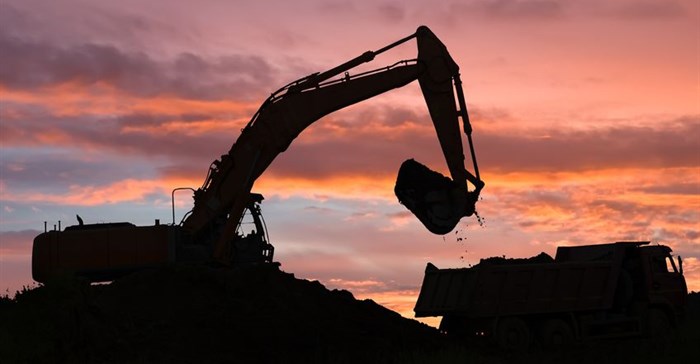
Top stories






More news

Marketing & Media
Warner Bros. was “nice to have” but not at any price, says Netflix

Logistics & Transport
Maersk reroutes sailings around Africa amid Red Sea constraints

















One example of this new thinking is realising that big data can be used by the mining industry to enhance operational efficiencies, and to align production better with volatile commodity markets.
Previously, ICT was largely confined to back-office enterprise resource planning systems, but now by integrating these systems with advanced analytics, mines can operate smarter; for example, the insights gained from the analytics will empower organisiations to understand market conditions better, providing the flexibility to act on those insights.
Data analytics can also help mines use operational expenses, like energy, more effectively, and to undertake preventative maintenance of the equipment on which safety and profitability both depend. For example Thiess, one of the world's largest contract miners, to use Big Data to improve machine availability and operational productivity utilising predictive analytics and modeling technologies.
Data warehouses and data analytics also have huge potential for helping mines to connect the dots between exploration for ore deposits, mining licences and research into how to exploit those deposits. Here, analytics provides not only the data repository and processing power to turn data into insight, but also the platform to enable collaboration with research institutions like the Wits Mining School.
Examples from across the resources sector show that data analytics has massive potential benefits. Woodside, Australia's largest independent oil and gas company, is using predictive data science to make the collective experience of generations of its engineers available across the company.
Using the IBM Watson supercomputer, the company is using its 'collective intelligence' to improve the way it designs, fabricates and constructs major facilities as well as managing major turnarounds. Similarly, Repsol, a Spanish energy company, is using cognitive software to make better decisions about which oil fields to acquire, and how to exploit them.
This ability to generate useful business insights from huge amounts of external and internal data is just one area in which mines are beginning to leverage analytics. Another is the ability to collaborate effectively. In particular, the use of social media to interact with business partners, employees and clients holds out great potential.
These channels would provide mines with a way to communicate directly with their employees and members of surrounding communities. Complementary initiatives to build long-term community partnerships could include providing links to educational resources, business opportunities and community news.
Further, combining social media with analytics (social analytics), mines could start to generate deep insights based on what their stakeholders are saying and doing - insights that could be used to fine-tune operations or even change direction.
In considering ways in which mines can use technology, the mobility angle is critical. PC penetration within these stakeholder communities is low, whereas mobile phones are nearly universal. Mines can start to use the mobile channel not only for direct interaction but also to facilitate safety and operational efficiency at shift hand-overs, for example, or by using wearable devices to monitor vital health signs while employees are underground.
Mining has always shown its ability to use engineering technology in innovative ways in the face of contemporary challenges. The mining industry will be using the same level of creativity in exploiting the potential of a different type of technology to take itself into the future.